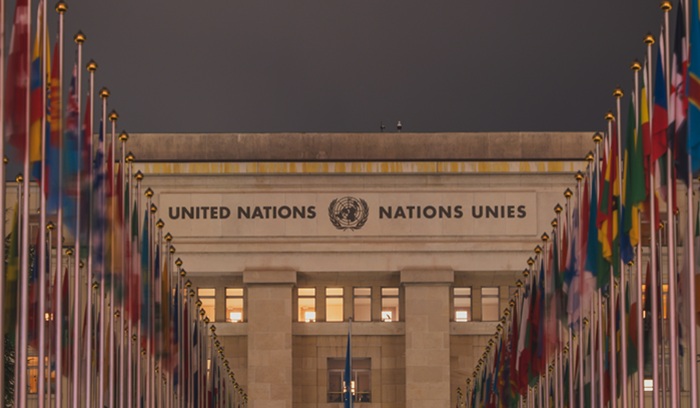In a landmark ruling, the International Court of Justice (ICJ) has affirmed that the right to a healthy environment is a fundamental human right. This historic advisory opinion was requested by the UN General Assembly. It marks a pivotal moment in global environmental law.
The decision sends a powerful message. It confirms that states have a legal obligation to protect the environment and a shared responsibility to address the climate crisis. The ruling underscores that environmental degradation, particularly global warming, directly infringes on the basic rights to life and health for people around the world.
Holding Wealthy Nations Accountable
The ruling specifically highlights the legal duty of wealthy, high-emitting nations to lead the way in curbing climate change. The ICJ’s advisory opinion states that international treaties obligate countries to reduce greenhouse gas emissions. They must also take meaningful action to prevent “significant harm” to the environment.
This is a crucial development for climate justice, providing a legal framework for vulnerable nations, particularly small island states, to hold larger polluters accountable. This legal precedent could bolster future litigation and compel governments to adopt more aggressive climate policies. It ensures that the burden of climate action is shared equitably.
A New Era of Climate Justice
The ruling from the ICJ is more than a legal document. It is a catalyst for social change. It empowers citizens and grassroots movements to pressure their governments and corporations to act on climate change. By formally recognizing a healthy environment as a human right, the court has given a powerful tool to activists and communities fighting against environmental injustices.
It reinforces the idea that environmental protection is not a separate policy issue. It is intrinsically linked to the well-being of all people. This decision is expected to lead to a wave of national and international legal reforms, putting human rights at the heart of environmental governance.
The Path Forward: A Global Responsibility
While the ICJ’s ruling is an advisory opinion and not legally binding in the same way as a judgment, its moral and political authority is immense. It signals a global shift in how environmental issues are perceived. The ruling is expected to influence national courts and international negotiations, including future COPs. It sets a clear moral and legal standard for countries to follow.
By centering human rights in the fight for a healthy planet, the ICJ has opened a new and hopeful chapter in the global effort to address the climate crisis and protect vulnerable communities for generations to come.
